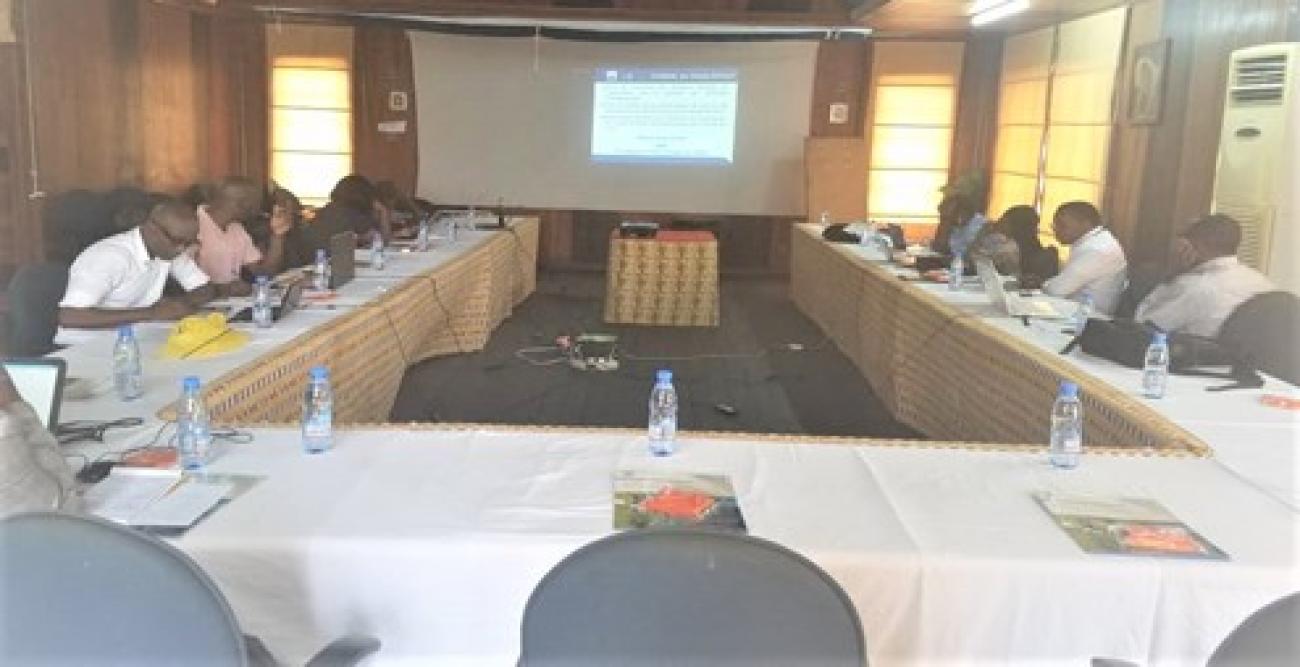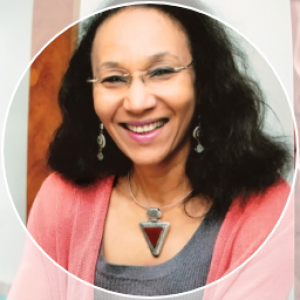Cameroonian Experts trained on the construction of the Cameroon Gender Demographic Dividend Index, within the framework of "Making Every Woman and Girl Count
Cameroonian Experts on Gender demographic dividend were trained on the construction of the Cameroon Gender Demographic Dividend Index, during an activity organized within the framework of the "Making Every Woman and Girl Count (Women Count) project", as UN Women continues to support the government to improve gender mainstreaming into its statistical system. The raison d’être of such an index is the implementation by the government of the project “Sahel Women Empowerment Demographic Dividend” (SWEDD) that has benefited of 75 Millions USD for 5 years from the World Bank.
The Online training was facilitated by a set of 6 international experts from the Center for Generational Economy (CREG) based in Thiès (Senegal), who also provided technical support for the calibration of the index. The CREG is a research structure which, in partnership with the United Nations Population Fund (UNFPA), has developed the GDDI in all countries of Sahel implementing the SWEDD program.
In their opening remarks Prof. Latif Dramani and Prof. Bathelemy BIAO from CREG welcomed all participants and thanked UN Women for facilitating the exercise and for its commitment on the issues of Demographic Dividend. According to them, the CREG was honored to provide technical support and expertise for this activity which will no doubt advance gender statistics, women empowerment and equality in Cameroon.
The national team composed of Experts from the Central Bureau for Censuses and Population Studies (BUCREP), the National Institute of Statistics (INS), the Ministry of Economy and Planning (MINEPAT) and the MINPROFF under the chairmanship of Mr Seraphin MVEING Sub Director at MINEPAT thanked UN Women for its leadership on this process and the CREG for accepting to facilitate the exercise. He assured that the national team is committed to the exercise, and that they will follow the process till its end and implement all recommendations.
During 6 days of work, Cameroon experts have been edified on the importance of the five dimensions and on the methods of calculation of different indicators that are used in the process. Also, they started drafting the thematic report of each of the five dimensions of the index including:
- The economic dependency, which makes it possible to measure the life cycle deficit and to understand how social demand is met;
- The quality of the living environment, which reflects the influence of the environment in which we live on well-being;
- The dynamics of poverty which gives the profile of entries and exits from poverty;
- The extensive human development, which assesses efforts in the quest for quality human capital capable of sustaining sustained and sustainable economic development;
- Networks and territories which appreciate the level of interaction as well as the dynamics of exchange and integration within a territory.



